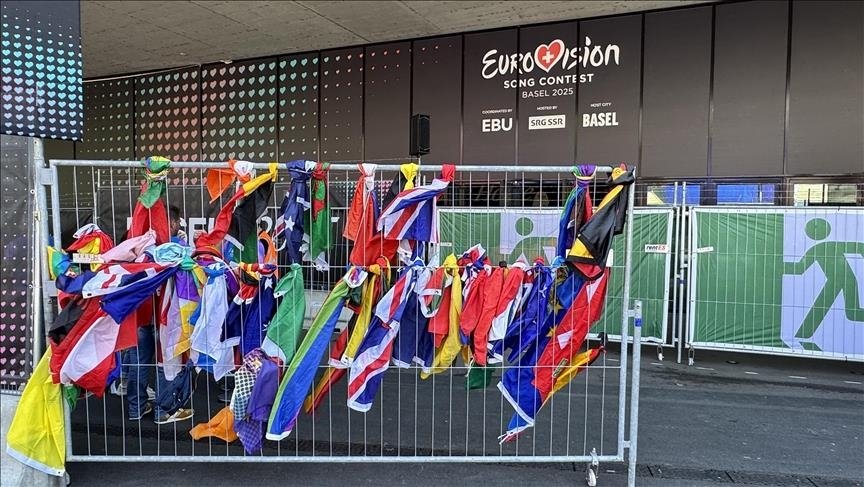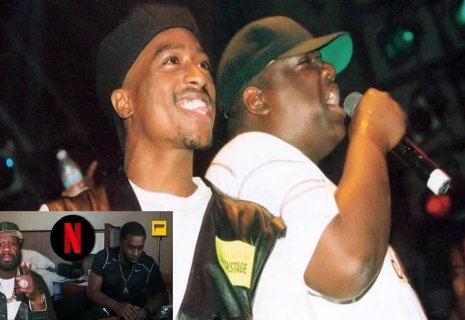
Austria threatens to quit hosting Eurovision 2026 if Israel is banned
The 2026 Eurovision Song Contest, scheduled for Vienna next May, is the focus of a growing political controversy, as members of Austria’s ruling party warn that the country could pull out of hosting duties if Israel is excluded.
According to domestic reports, several figures from the Austrian People’s Party (OVP), allegedly including Chancellor Christian Stocker and State Secretary for Constitutional Affairs Alexander Proll, have expressed opposition to hosting the competition should the European Broadcasting Union (EBU) decide to bar Israel from participating, CE Report quotes Anadolu Agency.
But the Chancellery has not confirmed the reports.
The controversy arises amid mounting international calls to boycott Israel for its military actions in the Gaza Strip and the escalating humanitarian crisis in the region.
A decision on Israel’s participation is expected by the EBU’s general assembly in November.
Several countries, including Spain, the Netherlands, Iceland, Ireland and Slovenia have already pledged to withdraw from the contest if Israel is allowed to take part.
Spain’s stance is especially significant, as it is one of Eurovision’s Big Five financial backers alongside France, Germany, Italy and the United Kingdom.
Meanwhile, German Chancellor Friedrich Merz weighed in this week, saying that Germany would withdraw if Israel were banned. “Israel has a place there,” Merz declared.
Austria is set to host the 2026 contest after its artist, JJ, won last year with the song, Wasted Love.
Backing out now could cost Austria’s public broadcaster ORF a reported €40 million in penalties.
According to Israeli news portal Ynet, EBU officials had “unofficially” suggested that Israel might consider a temporary withdrawal or performing under a neutral flag -- a compromise similar to that used by Russian athletes in international sports competitions.
Despite past calls for Israel’s removal from Eurovision in 2024 and 2025, the EBU has maintained that the contest is “not a competition between governments, but between public broadcasters.”
Israel has participated in Eurovision since 1973 and has won four times.
The situation puts Austria in a diplomatic and financial bind, as internal political pressure builds to take a stand in favor of Israel, while international sentiment, and the potential absence of major competitors, threaten the unity and spirit of Eurovision.























